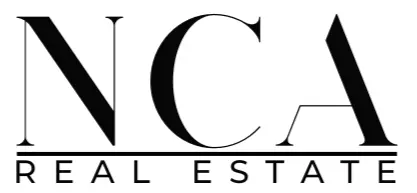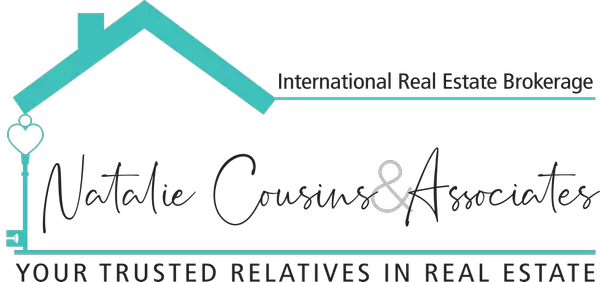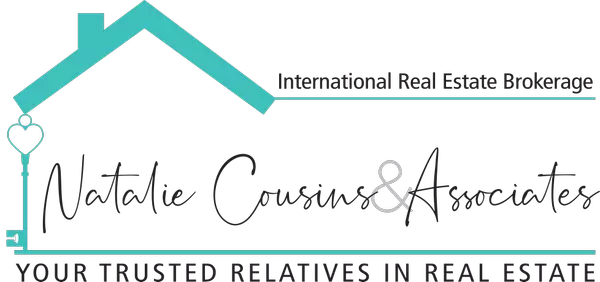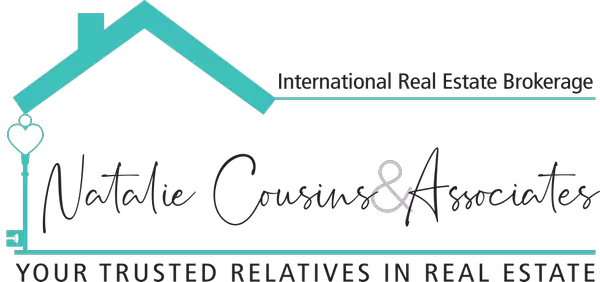What Is the Difference Between Mildew and Mold?
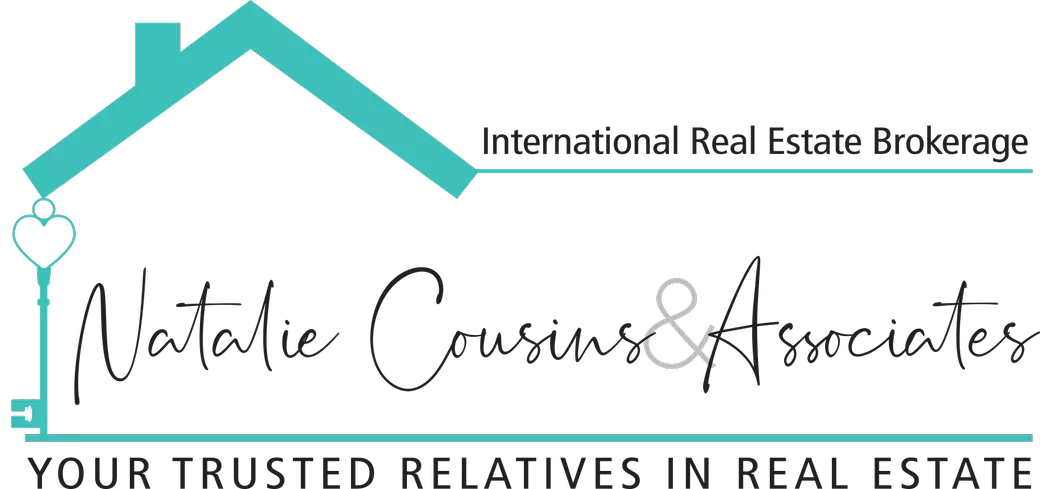
Mildew and mold are two common issues that homeowners often encounter, especially in areas with high humidity levels. While they may appear similar, there are distinct differences between the two. Understanding these differences can help both buyers and sellers navigate any potential concerns that may arise during a real estate transaction.

When it comes to buying or selling a home, it is crucial to be aware of any signs of mildew or mold. Both can cause health issues, emit foul odors, and damage the structural integrity of a property. However, knowing when to handle the problem yourself or when to call professionals is equally important.
Mildew is a surface fungus that typically appears as white or gray powdery patches. It thrives in moist environments, such as bathrooms, basements, or areas with poor ventilation. Mildew is usually easy to clean and remove, using simple household cleaners or a mixture of vinegar and water. However, it is crucial to address the source of moisture to prevent mildew from returning.
On the other hand, mold is a more severe problem that requires professional attention. It can manifest in multiple colors, including black, green, or even orange. Mold can penetrate surfaces and grow rapidly, causing extensive damage to both the property and the health of its occupants. Unlike mildew, mold removal often involves more complex procedures and specialized equipment.
Buyers should conduct thorough inspections before finalizing a purchase. A home inspector can help identify any signs of mildew or mold, providing an opportunity to negotiate repairs or adjustments to the selling price. Buyers should also inquire about any past or current moisture issues and ensure that proper ventilation systems are in place.
For sellers, it is essential to address any mildew or mold problems before listing the property. Not only can these issues deter potential buyers, but they can also lead to negotiations that may not favor the seller. Sellers should proactively address any moisture-related problems, repair leaks, and ensure proper ventilation to prevent the growth of mildew or mold.
However, there are situations when calling professionals is a must. If the affected area exceeds 10 square feet, it is best to hire a certified mold remediation specialist. These experts have the necessary knowledge and equipment to safely remove mold and prevent its recurrence. Moreover, if there are any health concerns, such as respiratory symptoms or allergies, it is crucial to involve professionals to ensure the problem is dealt with appropriately.
In conclusion, mildew and mold are distinct issues homeowners may encounter, and it is crucial to understand their differences. While mildew can often be managed with household cleaners, mold should be addressed by professionals. Buyers and sellers should be vigilant in identifying any signs of mildew or mold, and take the necessary steps to address them before finalizing a real estate transaction. When in doubt, it is always wise to seek guidance from experts who can handle the problem effectively and ensure a safe living environment for all parties involved.

